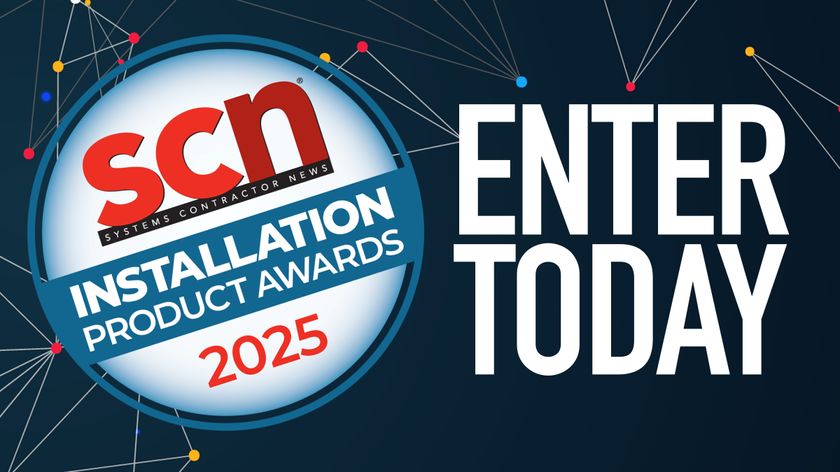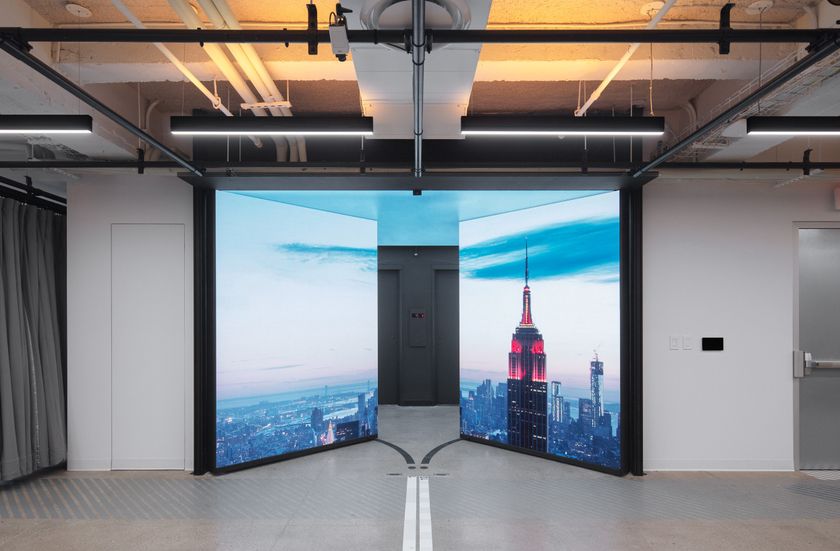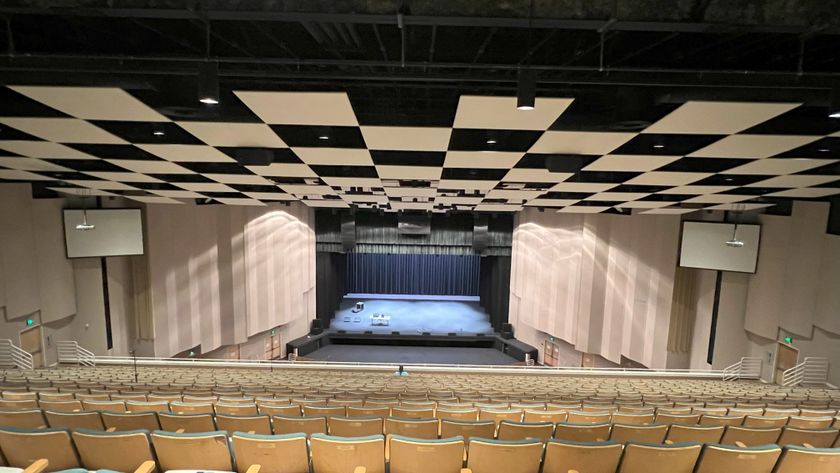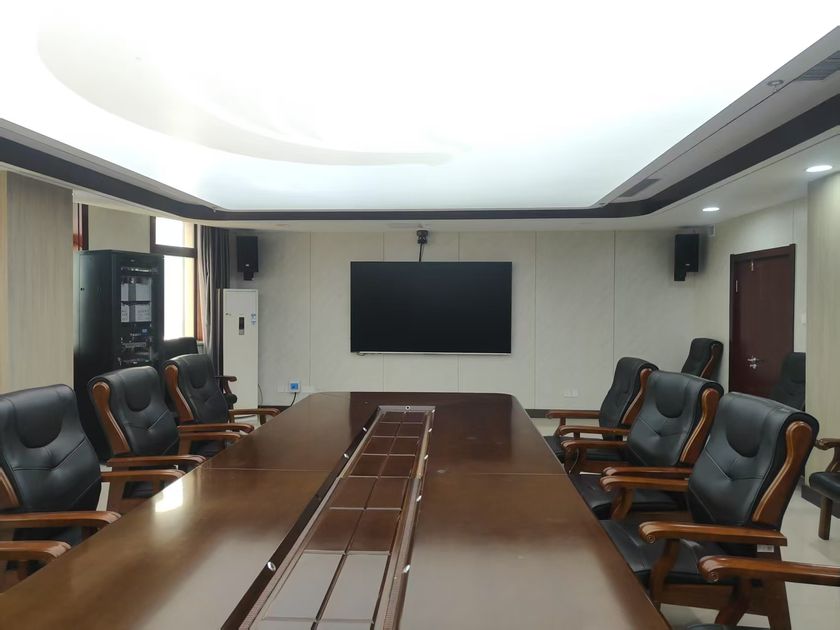- I was recently looking over some of my columns from the last couple of years. Many of my earliest articles were about the show planning process: how to get the right information, how to avoid obvious mistakes, and how not to mess up the client management process while still getting it right. Plan-ning an event is a detailed and time-consuming process, and it deserves the time it takes to get it down. As my old friend Chris Thorne (President of Riverview Systems Group) is so fond of saying: Shows are won and lost in the warehouse. In other words, the quality of your planning and preparation is more important than field ingenuity.
- But that supposes that you actually have time to do the planning, and access to the information and the people who have it. I believe this process has got-ten much harder over the last few years. And, interestingly, its not because we dont have convenient access to the right people and data. Its because we do.
- Remember the Meeting? You know, where the entire group concerned with an event spent a day or two in a meeting room somewhere and planned the event from start to finish? Where there were detailed lists of what everyone was go do? Where we compared everybodys timetables and agendas to make sure they didnt conflict? It meant the AV people had to sit quietly through the report of the Pickle Chip Committee, waiting for the topic to turn to AV, but it also meant we got to sit down with the people we were concerned with.
- These meetings were valuable, even if they were lengthy. It was where we got to spot the fact that they were planning huge balloon centerpieces in a room where we were planning for front projection. When I went to these meetings, Id tell my staff that my cellphone was going to be off. And, of course, itd be nearly impossible to have network access other than an infre-quent retrieval of email with a phone modem. So those days were all about the meeting and the planning process. And then wed all go home with a list of questions we needed to go over with our staff, upon which wed report back at the next meeting.
- Then we got information technology.
- Now, in addition to the ubiquitous cellphone, we all carry laptops with wireless data access. Many of us also carry connected PDA devices. Listservs, IM and RSS have become part of our everyday communication process. We are available 24-7, and our clients know it. Now, instead of in an organized list or written communication, the questions come in terse emails or Instant Mes-sages. We answer them immediately, in the shortest possible statements, because were typing on the chicklet keyboard of our Blackberry or Palm Treo while riding in a cab. Or in somebody elses meeting. Ive actually had a client call me on my cell to say: I sent you an email like half an hour ago. Didnt you get it?
- To make matters worse, many of my clients now want to hold web-based planning meetings with shared blackboard and chat, putting me at the mercy of people who type faster than I do, who are using the shortest possible sen-tences to describe a complex event, and urging people to take any questions that require real discussion offline. Its as if theyre trying to exclude any actual content from the meeting. And when you ask for an agenda, they for-ward you an entire thread of emails where the agenda was sometimes dis-cussed, leaving each individual to pull out any information they require. One of the biggest symptoms that this change is short-circuiting the planning process: Do you ever find yourself having to search through emails to prove to a client that a decision was made the way you say it was?
- And we think information technology has made this process better.
- ROTFL.
- But, in addition to reducing many meetings to web surfing, and reducing real plans to a folder full of emails and attachments, I feel the real damage has been this: its virtually eliminated time to think. Instant connection implies the need for instant three word answers. And, IMHO, thats done the most damage of all, because it robs the client of the quality answer or suggestion wed have made if wed been given time to think about the reply. And I defy you to get truly creative dialog going while pecking out a message on a Black-berry.
- My answer: I dont have one, other than having become the person who makes the argument for real meetings. Its odd, having been a technology pusher all my life. But Ive taken it upon myself to be the guy who sends out detailed summaries of all plans. I start most of them with As I understand it, weve decided to...
- (An interesting observation: its easy to insert things youve decided on all by yourself into these summaries. Terry Friesenborg used to tell me When youre the only one with a clear plan, your plan gets accepted by default.)
- Other than that, Im taking a pledge not to open my email during a meeting. Or my IM software. And, if meetings are held at my office, Im shutting down wireless access to our meeting room. And Im keeping notes. Until we all re-coil from the progress and realize that weve lost the ability to construct a complete sentence.
- TTYL










